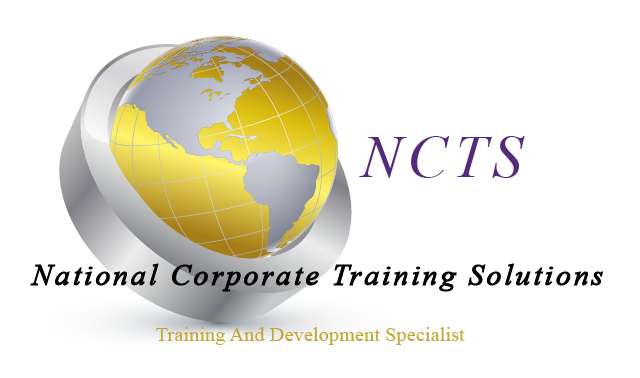Communication Strategies Outline
Course Description:
For the better part of every day, we are communicating to and with others. Whether it’s the speech you deliver in the boardroom, the level of attention you give your spouse when they are talking to you, or the look you give the cat, it all means something. The Communication Strategies workshop will help participants understand the different methods of communication and how to make the most of each of them. These strategies will provide a great benefit for any organization and its employees. They will trickle down throughout the organization and positively impact everyone involved.
Course Duration: 1 Day (8 Hours)
Course Objectives:
· Understand what communication is
· Identify ways that communication can happen
· Identify barriers to communication and how to overcome them
· Develop their non-verbal and paraverbal communication skills
· Use the STAR method to speak on the spot
· Listen actively and effectively
· Ask good questions
· Use appreciative inquiry as a communication tool
· Adeptly converse and network with others
· Identify and mitigate precipitating factors
· Establish common ground with others
· Use “I” messages
Course Outline:
1. Module One: Getting Started
a. Workshop Objectives
b. Pre-Assignment Review
2. Module Two: The Big Picture
a. What is Communication?
b. How Do We Communicate?
c. Other Factors in Communication
d. Case Study
e. Module Two: Review Questions
3. Module Three: Understanding Communication Barriers
a. An Overview of Common Barriers
b. Language Barriers
c. Cultural Barriers
d. Differences in Time and Place
e. Case Study
f. Module Three: Review Questions
4. Module Four: Paraverbal Communication Skills
a. The Power of Pitch
b. The Truth about Tone
c. The Strength of Speed
d. Case Study
e. Module Four: Review Questions
5. Module Five: Non-Verbal Communication
a. Understanding the Mehrabian Study
b. All About Body Language
c. Interpreting Gestures
d. Case Study
e. Module Five: Review Questions
6. Module Six: Speaking Like a STAR
a. S = Situation
b. T = Task
c. A = Action
d. R = Result
e. Summary
f. Case Study
g. Module Six: Review Questions
7. Module Seven: Listening Skills
a. Seven Ways to Listen Better Today
b. Understanding Active Listening
c. Sending Good Signals to Others
d. Case Study
e. Module Seven: Review Questions
8. Module Eight: Asking Good Questions
a. Open Questions
b. Closed Questions
c. Probing Questions
d. Case Study
e. Module Eight: Review Questions
9. Module Nine: Appreciative Inquiry
a. The Purpose of AI
b. The Four Stages
c. Examples and Case Studies
d. Case Study
e. Module Nine: Review Questions
10. Module Ten: Mastering the Art of Conversation
a. Level One: Discussing General Topics
b. Level Two: Sharing Ideas and Perspectives
c. Level Three: Sharing Personal Experiences
d. Our Top Networking Tips
e. Case Study
f. Module Ten: Review Questions
11. Module Eleven: Advanced Communication Skills
a. Understanding Precipitating Factors
b. Establishing Common Ground
c. Using “I” Messages
d. Case Study
e. Module Eleven: Review Questions
12. Module Twelve: Wrapping Up
a. Words from the Wise
NCTS courses are customizable by content, length of course and format delivery.

